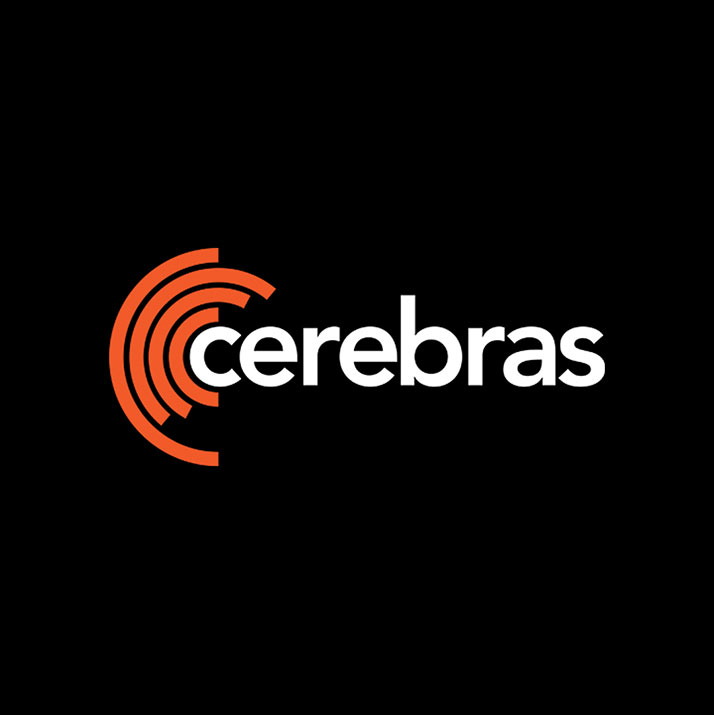Innovations in Rheumatoid Arthritis Diagnostics and Treatment through AI Collaboration
In a significant medical breakthrough, Cerebras Systems, a leading AI technology company, has joined forces with the renowned Mayo Clinic to develop advanced artificial intelligence tools aimed at revolutionizing patient care. Announced at the prestigious JP Morgan Healthcare Conference in San Francisco, this collaboration focuses on enhancing the diagnosis and personalized treatment of various medical conditions, with an initial emphasis on Rheumatoid Arthritis (RA).
The Challenge of Rheumatoid Arthritis
Rheumatoid Arthritis is a chronic inflammatory disorder that primarily affects the joints, but can also impact other systems within the body. It poses a significant clinical challenge due to the difficulty in finding effective treatments for individual patients. Traditional methods often require multiple attempts with different medications to identify the most effective treatment, leading to prolonged periods of discomfort and uncertainty for patients.
Introducing a Genomic Foundation Model
Cerebras Systems and Mayo Clinic have developed a cutting-edge genomic foundation model designed to improve diagnostic accuracy and tailor treatment options specifically to the needs of individual patients. This model shifts away from traditional approaches that rely solely on examining single genetic markers, which have had limited success in predicting treatment responses.
The model was trained by combining publicly available human reference genome data with extensive exome data from Mayo Clinic’s patient database. For those unfamiliar with the term, a human reference genome is essentially a digital representation of an "idealized" human DNA sequence. This serves as a benchmark against which individual human genomes can be compared, facilitating the identification of genetic variations.
Enhanced Model Performance
Unlike models trained exclusively on human reference genomes, the new genomic foundation model demonstrates significantly improved results in genomic variant classification. This is largely due to its training on data from over 500 Mayo Clinic patients. As more patient data becomes available and integrated into the training process, the model’s performance is expected to continue improving.
To assess the model’s effectiveness, new benchmarks were established to evaluate its clinical capabilities, such as detecting specific medical conditions from DNA data. These benchmarks address gaps in publicly available standards that primarily focus on structural genome elements rather than functional or regulatory regions.
Impressive Results and Applications
The Mayo Clinic Genomic Foundation Model has achieved remarkable accuracy in several critical areas, including:
- 68-100% accuracy in Rheumatoid Arthritis benchmarks
- 96% accuracy in predicting cancer predisposition
- 83% accuracy in identifying cardiovascular phenotypes
These results highlight the model’s potential to transform clinical decision-making by providing more accurate and personalized treatment options.
Expert Insights
Matthew Callstrom, M.D., Chair of the Department of Radiology at Mayo Clinic, underscores the importance of these developments, stating, "Our clinicians will be able to make more informed decisions based on genomic data, significantly reducing the time it takes to find the right treatment and, more importantly, reducing the physical toll on patients. Mayo is committed to fundamentally transforming healthcare by using the most advanced AI technology."
Natalia Vassilieva, Field CTO at Cerebras Systems, further elaborates, “Mayo’s genomic foundation model sets a new bar for genomic models, excelling not only in standard tasks like predicting functional and regulatory properties of DNA but also enabling discoveries of complex correlations between genetic variants and medical conditions. Unlike current approaches focused on single-variant associations, this model enables the discovery of connections where collections of variants contribute to a particular condition.”
Accelerated Development
The rapid development of these models, typically a multi-year endeavor, has been significantly expedited by training Mayo Clinic’s custom models on the Cerebras AI platform. This collaboration represents a significant step forward in enhancing clinical decision support and advancing precision medicine, paving the way for more personalized and effective patient care.
About Cerebras Systems
Cerebras Systems is at the forefront of AI innovation, comprising a team of pioneering computer architects, scientists, and engineers dedicated to accelerating generative AI. The company has developed a new class of AI supercomputers, epitomized by their flagship product, the CS-3 system. This system is powered by the world’s largest and fastest commercially available AI processor, the Wafer-Scale Engine-3.
The CS-3 systems are designed to be easily clustered, creating some of the world’s largest AI supercomputers. This setup simplifies the process of deploying models on these supercomputers, eliminating the complexities of distributed computing. Cerebras Inference delivers breakthrough inference speeds, enabling customers to develop cutting-edge AI applications. The company’s solutions are utilized by leading corporations, research institutions, and governments to develop proprietary models and train open-source models with millions of parameters.
Conclusion
The collaboration between Cerebras Systems and Mayo Clinic marks a pivotal advancement in the use of AI for medical diagnostics and treatment. By harnessing the power of genomic data, this partnership is poised to significantly enhance the precision and personalization of medical care, particularly for challenging conditions like Rheumatoid Arthritis. As AI technology continues to evolve, the potential for such innovations to transform healthcare is immense, offering hope for more effective and patient-centered treatment options in the future.
This development not only showcases the capabilities of AI in medicine but also underscores the importance of collaboration between technology companies and healthcare institutions in driving forward the future of patient care. For more information on this groundbreaking initiative, please visit the official website of Cerebras Systems.
For more Information, Refer to this article.

































